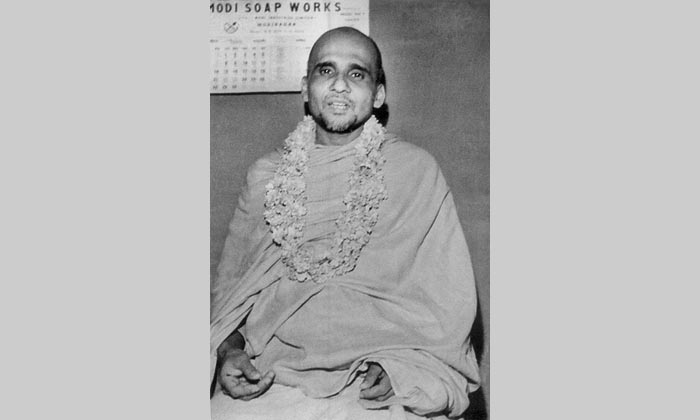The Spiritual Import of the Mahabharata and the Bhagavadgita : Ch - 17.13.
7.The Vision of God-13.
We shall be told by the great Lord Himself that this vision cannot be had by any kind of human effort, because the finite cannot manufacture the Infinite.
A cause that is finite cannot have an infinite result or effect.
If the vision of the Absolute is to be the effect or the consequence of an effort, how could that effort be an emanation from the finite who is the individual?
How could I or you, as finite individuals, be the producers of this vision which is infinite and surpasses the cause?
The cause is supposed to be larger than its effect in its comprehension.
The effect cannot be more minute, and if the effect is infinitude of experience, how could the cause be finitude?
Hence it is said that no activity of any kind, no effort of any sort, nothing that anyone does in any manner whatsoever can be regarded as adequate for the purpose.
"Na veda-yajnadhyayanair na danair na ca kiryabhir na tapobhir ugraih": -
Even the highest incalculable intensities of austerity and asceticism cannot be adequate for the purpose.
Any mortification of the flesh, in any way whatsoever, cannot be regarded as a means to the attainment of the Absolute.
It is God that beholds God—not a man seeing God.
Such a thing does not exist.
Swami Krishnananda
To be continued ....





Comments